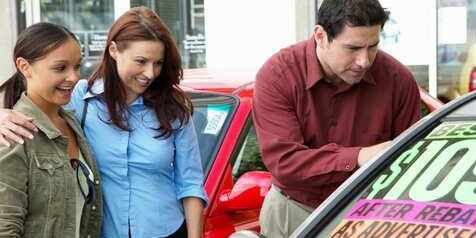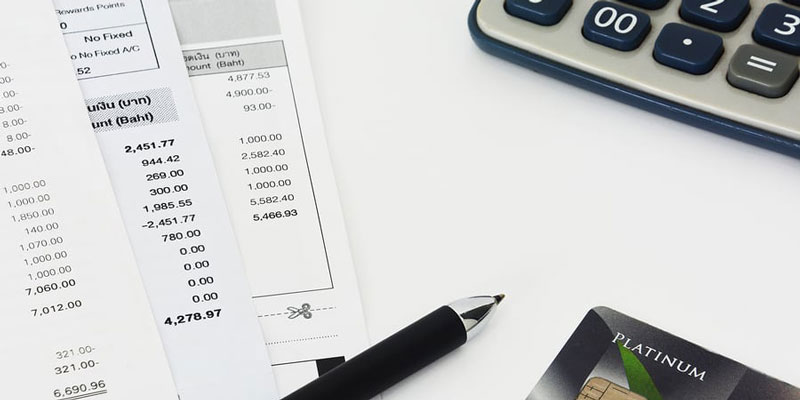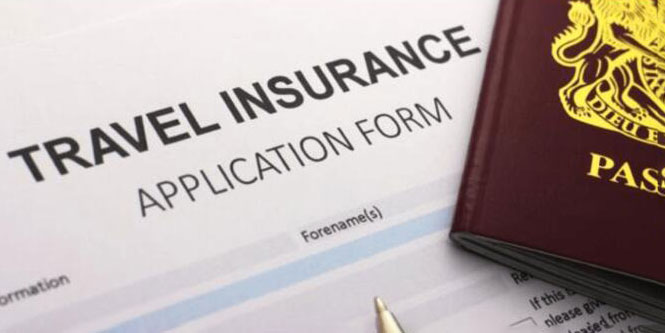Merchant Category Codes: Why They Matter for Credit Card Rewards
Risk &' MCC
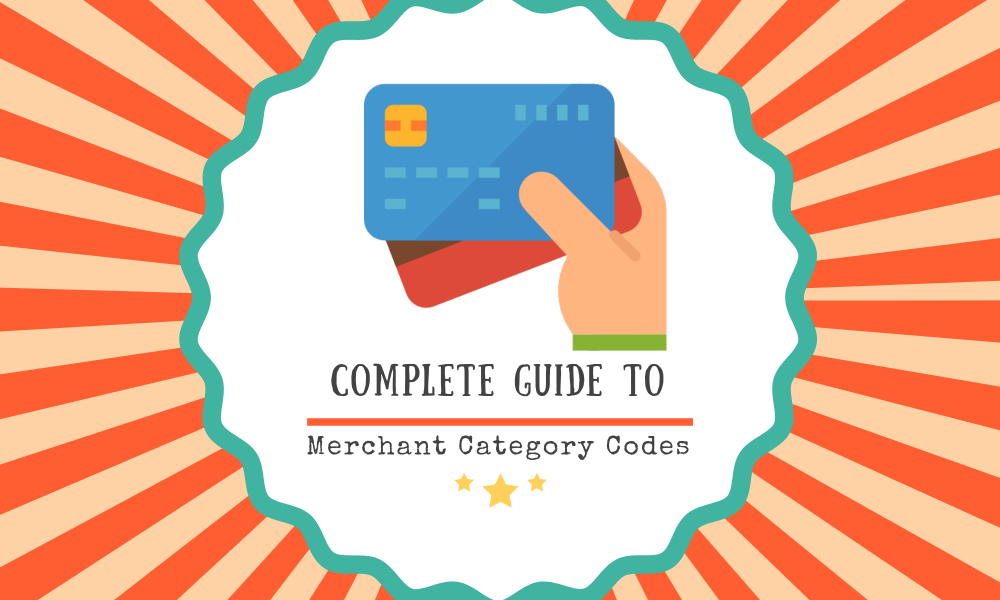 When you first join an account with a payment provider like Worldline, they will use your MMC to determine your level of risk. Ticket sales and the airline industry are typically regarded as higher-risk accounts. Regarding airlines and ticket sales, the high risk stems from the fact that there is a significant amount of time between the purchase and the delivery of the product. A lot may happen between booking your journey and boarding the aircraft, which is why airline tickets are frequently purchased months in advance. Because Worldline assumes the risk associated with each account, we need to identify high-risk accounts to assist merchants and ourselves in reducing the likelihood of adverse outcomes.
When you first join an account with a payment provider like Worldline, they will use your MMC to determine your level of risk. Ticket sales and the airline industry are typically regarded as higher-risk accounts. Regarding airlines and ticket sales, the high risk stems from the fact that there is a significant amount of time between the purchase and the delivery of the product. A lot may happen between booking your journey and boarding the aircraft, which is why airline tickets are frequently purchased months in advance. Because Worldline assumes the risk associated with each account, we need to identify high-risk accounts to assist merchants and ourselves in reducing the likelihood of adverse outcomes.
MCC codes are simply one piece of the puzzle when determining account risk. Other elements, such as the duration of the company's existence and the average delivery period, are also crucial. Your merchant account is significantly affected by a minuscule code of just four digits. Our devoted Account Managers can assist you with navigating any additional questions or concerns. It would help to exercise caution when selecting a home inspector since it is in your best interest. The seller may offer to show you the results of a house inspection they've had done, or your real estate agent may suggest one. You should hire an independent home inspection to clear any potential conflicts of interest and obtain the most unbiased information regarding the state of the home. Do some research on inspectors while looking for a house because things move so quickly after an offer is made.
Does It Matter How MCCS Operate?
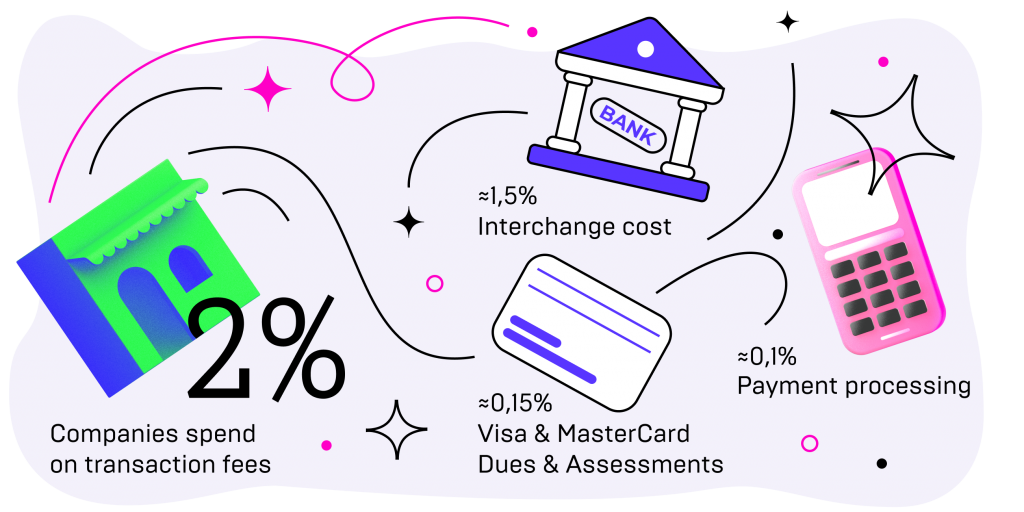
When a business reports a purchase to your credit card company, the MCC of the store automatically classifies the purchase and utilises these codes to decide whether you qualify for further incentives. Let's say you're shopping at a candy store, which, according to the list provided by the IRS above, has an MCC of 5441, which stands for "candy, nut, and confectionery stores." Your card issuer will give you additional points based on that MCC if you purchase there using a card that gives bonus rewards for that type of spending. Suppose you have a flat-rate rewards card, which earns the same rewards on every purchase. Regardless of where you shop, it may be fine whether you shop at a specific store. However, it can matter significantly if you have a rewards card with tiers or a rotating bonus category card that delivers more earnings in particular areas. Take the example of the candy store once more: the items you buy there will be assigned a different MCC code than those you buy at a supermarket, with its unique MCC number of 5411. As a result, you cannot receive the bonus incentives for purchasing Milky Ways at your neighbourhood grocery shop. You should be aware of these variances to prepare for them if you're interested in maximizing your budget.
Things to Avoid
One thing to be aware of is that the MCC might not match the store. It doesn't necessarily follow that a business will have the MCC for candy stores because it offers candies broadly. Imagine that the company was formerly a toy or game store with an MCC of 5945. Although it may have later expanded to offer candies, its original MCC remained the same. Your credit card provider will still process your purchases using that code (i.e., not a candy store). Superstores and other large merchants with a vast selection of goods may experience this. For instance, the MCC code for the supermarket and grocery shop of the Target store in Deerfield Beach, Florida, is 5411. The Coral Springs Target location is a few miles distant and has an MCC of 5310. It is categorized as a cheap retailer. A separate MCC may even be used to handle payments in particular superstore portions than in other areas of the shop. For instance, transactions made at the Deerfield Beach Target pharmacy are categorized as 8099 for goods and services related to health and medicine. Even though a store has the proper MCC, there are situations when a credit card that offers enhanced benefits in a specific category would not accept purchases made there. For instance, the American Express Blue Cash Preferred® Card offers 6% cash back at American supermarkets on up to $6,000 in annual expenditure. But even if your local Target's MCC is 5411 for "groceries stores/supermarkets/bakeries," if you often buy your groceries there, you won't be eligible for the higher rewards. That's because superstores (like Target) are expressly excluded from additional benefits, according to the card issuer's tiny print.



